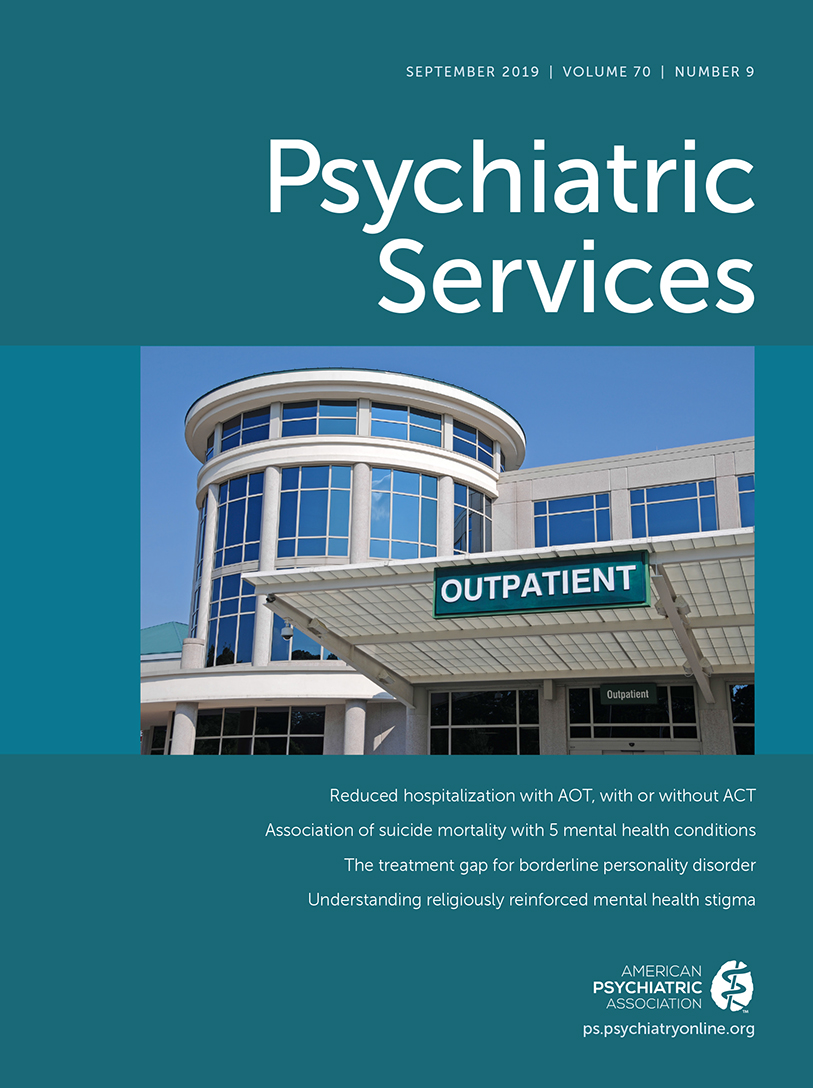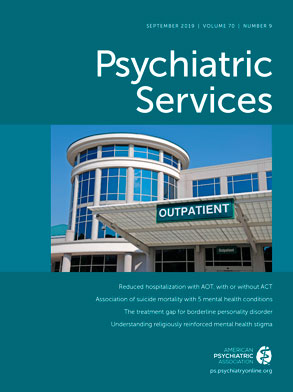Emergency department (ED) boarding of people awaiting inpatient psychiatric treatment has become a nationwide crisis. Every state has provisions for the short-term civil commitment—known as emergency psychiatric holds—of people with mental illness. While each jurisdiction faces unique challenges due to regional policies and practices, most are constrained by access to mental health professionals and availability of inpatient beds. In California, only county-designated hospitals can write holds, contributing to substantial delays in treatment, particularly for patients presenting to nondesignated EDs. These delays exacerbate involuntary detention, which is intrinsically fraught and challenging for all involved, especially patients. This report summarizes our experience with a unique project that aims to reduce ED boarding by allowing selected nondesignated EDs to directly place appropriate patients on psychiatric holds.
The project took place in Los Angeles (LA) County, the most populous U.S. county, which has over 10 million residents and almost 500,000 annual emergency medical transfers, over 21,000 of which are for primary behavioral health problems. In LA County, patients who present to nondesignated EDs with acute symptoms necessitating involuntary psychiatric admission wait for an evaluation by an off-site county-certified team. The team determines whether the patient is eligible for a hold (i.e., poses imminent danger to self or others or demonstrates grave disability due to a mental disorder) and facilitates transfer to an inpatient hospital. This process can take hours to days while the patient boards in a loud, chaotic ED (often unequipped to provide psychiatric care) without a clear legal basis for involuntary detention.
To address this problem, stakeholders representing the county, private hospitals, and a regional hospital association began to convene regularly. The work group determined that reinterpreting county policy on certifying mental health professionals for writing holds could expand the ability of nondesignated hospitals to advance care for patients. The work group gained buy-in from the county by demonstrating that a policy change would expedite care for its constituents and lower the burden of emergency evaluations on the public mental health system. The work group submitted a proposal to the LA County Board of Supervisors requesting that clinicians in nondesignated hospitals be certified to write holds. Hospitals could select licensed mental health professionals, regardless of degree, to complete a daylong county-administered training session on holds, ending with an examination. To prevent crowding, participating EDs would be required to develop agreements with local inpatient psychiatric facilities that could accept patient transfers. The county would oversee and report on the initiative’s efficacy. Approximately 1 year after the work group convened, the proposal was approved by the board as a 2-year pilot.
The pilot was implemented in three phases, allowing for adaptive modifications if needed. After successful rollout across three EDs in phase 1, three additional EDs were added in phase 2, and four more in phase 3, for a total of 10 EDs. No modifications were required. To date, 133 providers have been trained and certified by the county to write a hold. The preliminary report from the first two phases indicates that 402 patients were committed on pilot holds. Hospitals in phase 1 reported that, of the 331 patients placed on a hold, 225 (68%) were transferred to psychiatric hospitals within 24 hours. There were no complaints related to the pilot or reports of inappropriate holds. With the perceived success of the pilot, the county extended the initiative beyond 2 years. Future studies are needed to evaluate whether this initiative affected patients’ safety and comfort, the length of ED boarding, and the number and appropriateness of psychiatric holds.
Barriers for people in need of acute psychiatric treatment include fragmented services, overburdened facilities, insufficient personnel, and convoluted policies. Our experience in LA County suggests that public and private stakeholders with shared interests can readily influence processes of care by revising outmoded policies and piloting innovations. However, we also faced significant limitations, including difficulty accessing data to formally evaluate the pilot, and ongoing structural challenges, including inpatient bed availability, pervasive homelessness, and ED overcrowding. Considering the early evidence of this pilot’s success, we encourage similar partnered innovations in other mental health systems. Concerted, collaborative efforts are critical to unite stakeholders to tackle mental health system fragmentation and improve the experience of those they serve.

